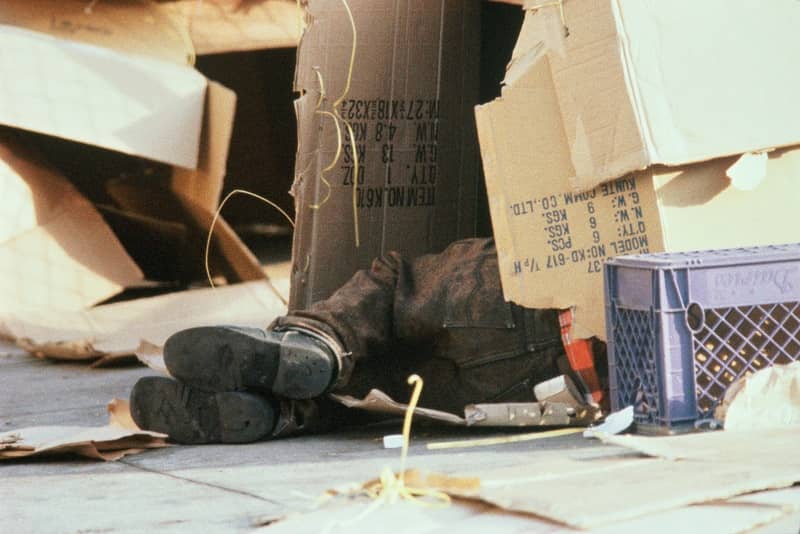

Summary
Welfare dependent people need access to physical, social and economic mobility to become self-sufficient. Opportunity Cars generates access to both physical and economic mobility through its financial fitness classes and car purchase program in Crook County, Oregon.
Word count: 505
In November 2007, Central Oregon Partnership (now known as Partnership to End Poverty) launched Opportunity Cars, a car ownership program for low-wage workers, including students, in Crook County. Their office is currently located in Prineville, but Opportunity Cars hopes eventually to open branch offices in La Pine and Madras to include the low-wage populations of Deschutes and Jefferson Counties as their clients. Community-based organizations in Crook County realize the remarkable value of such a program in helping struggling low-wage workers to acquire and maintain stable employment. They see reliable and affordable cars as the long-missing link to financial stability and are pitching in to support it.
Partnership to End Poverty is joining with for-profit and non-profit organizations in Central Oregon to run Opportunity Cars. It is working with Robberson Ford of Prineville and Active Towing to obtain reliable vehicles. It is also connecting clients with support services both before and after car purchase, such as offering clients basic auto maintenance workshops by Robberson Ford. NeighborImpact, a non-profit organization serving economically disadvantaged people in Central Oregon, is holding financial fitness classes that teach basic budgeting. Opportunity Cars is helping its clients open personal accounts in Community First Bank to pay for their first car.
Nicki Mehta of Partnership to End Poverty, who played a major role in developing Opportunity Cars, commented that one of the program’s priorities is providing support services before and after clients acquire cars. She said these services are important for the success of the car ownership program and help low-wage workers permanently climb out of poverty. The program is playing a crucial role in introducing clients to financial fitness classes and mainstream banking services. The Partnership has future plans to connect their clients to additional support services like auto repair, resource referrals to employment services and alternate transportation services.
Central Oregon is a unique region with limited public transportation and resources. Offering comprehensive support services is the key to helping people permanently get out of poverty in Central Oregon. There is much duplication of services for the economically disadvantaged in Central Oregon. This is why it is even more important for support services to be coordinated.
However, while the efforts of Central Oregon Mobility Consortium to coordinate different public transportation arrangements should be appreciated, it is essential to specifically recognize Opportunity Cars’ initiative as a unique and genuine step toward creating real transportation options for the poor and struggling workers of Crook County.
Opportunity Cars well represents the changing perception of service-provider organizations in Central Oregon toward poverty alleviation. They are riding the wave of the broader national asset building movement for the low-wage population. The asset building movement is built on the premise that to permanently hoist the economically challenged out of welfare dependency, they need to be included in the economic mainstream. Welfare dependent people need access to physical, social and economic mobility to become self-sufficient. Opportunity Cars is a good example of generating access to both physical and economic mobility through its financial fitness classes and car purchase program.
Attention editors and producers:
Cascade Commentaries are provided for reprint in newspapers and other publications, with credit given to author(s) and Cascade. Contact Cascade to arrange print or broadcast interviews on this commentary topic.
Electronic text files are available online at www.cascadepolicy.org.
Please contact:
Nancy Wheaton
Cascade Policy Institute
4850 SW Scholls Ferry Rd.
Suite 103
Portland, Oregon 97225
Phone: (503) 242-0900
Fax: (503) 242-3822
www.cascadepolicy.org
info@cascadepolicy.org
Cascade Policy Institute is a tax-exempt educational organization as defined under IRS code 501(c)(3). Nothing appearing in this Cascade Commentary is to be construed as necessarily representing the views of Cascade or its donors, or as an attempt to aid or hinder the passage of any bill before any legislative body. The views expressed herein are the author’s own.
